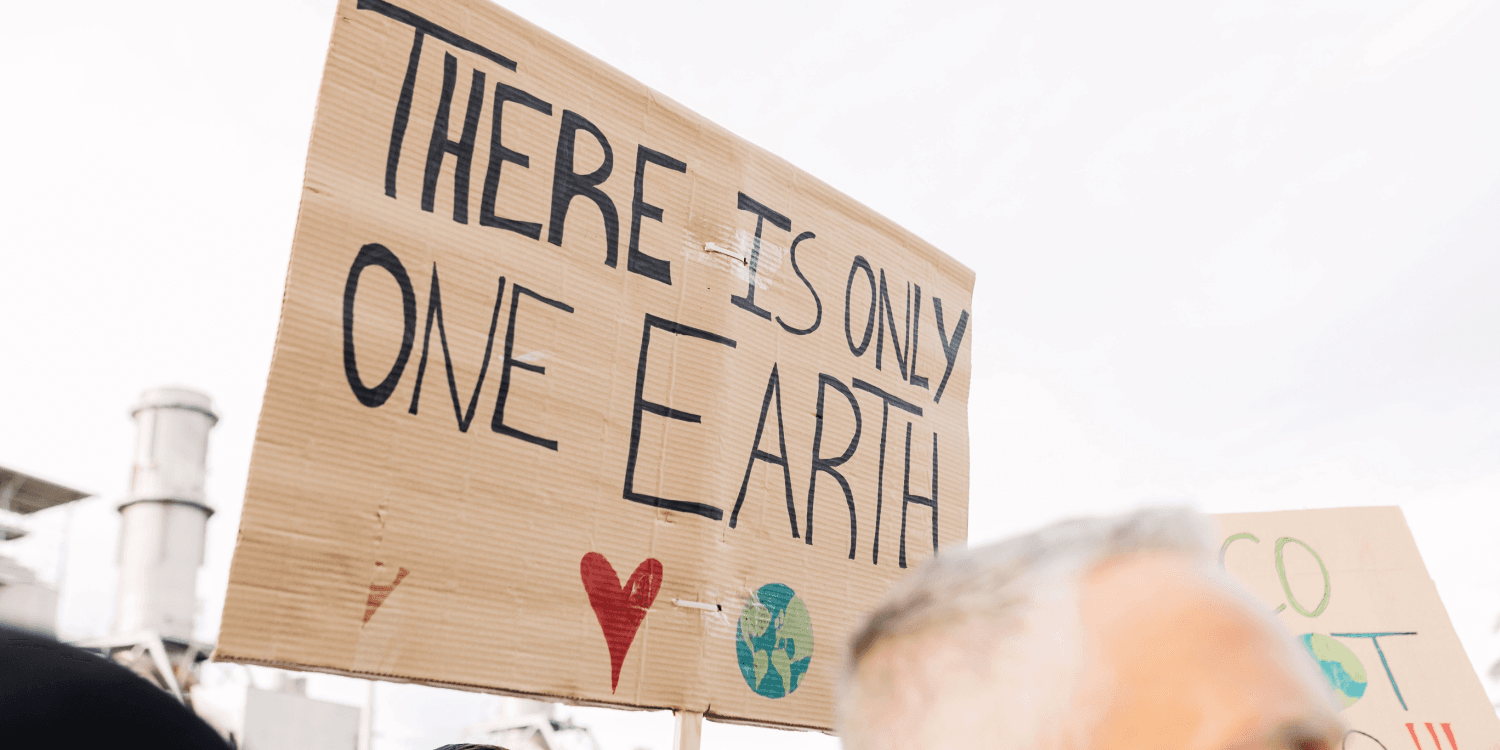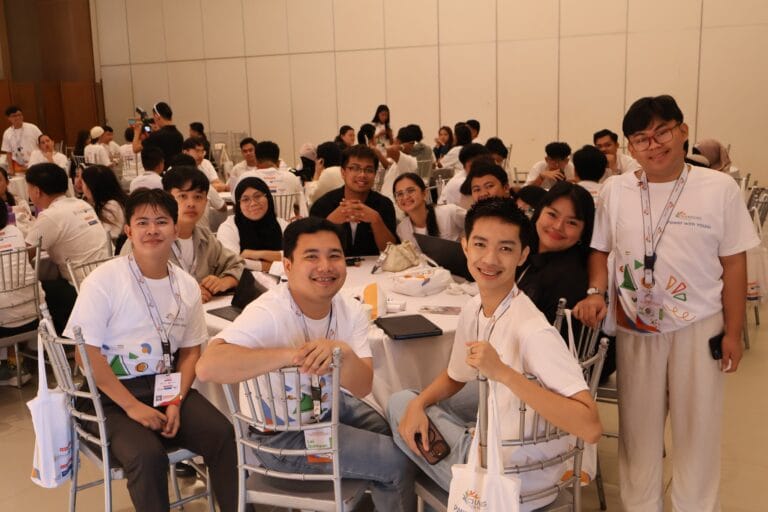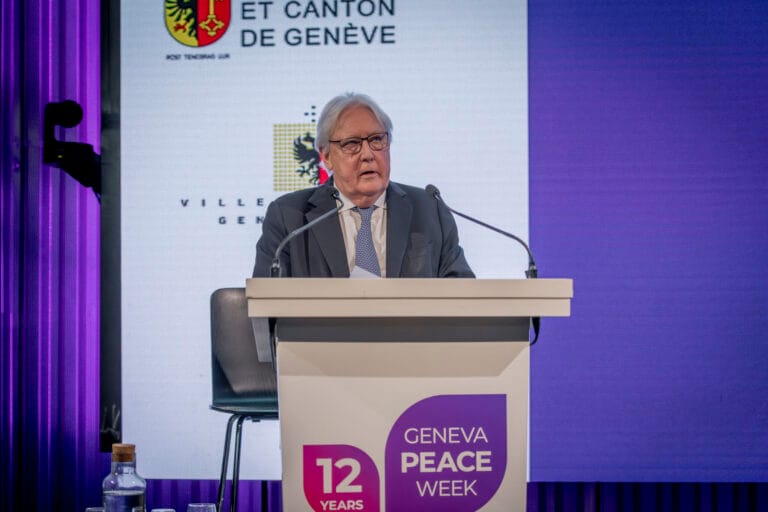Climate change, environmental degradation and conflict are some of the most pressing global challenges, disproportionately affecting young people in vulnerable regions. Yet, their voices are often missing from the conversations that shape their futures.
In November 2024, the Kofi Annan Foundation, in partnership with the Stockholm International Peace Research Institute (SIPRI), will launch a research report amplifying marginalised youth perspectives on these interconnected issues.
Supported by the Global Challenges Foundation, the study focuses on six conflict-affected countries within our Extremely Together network: Burkina Faso, Niger, Pakistan, the Philippines, Somalia, and Uganda.
Climate Change and Conflict Threats: Youth-Led Solutions from the Frontlines
Our new report explores how young people in the six regions of Burkina Faso, Niger, Pakistan, the Philippines, Somalia, and Uganda face the devastating effects of climate change and environmental degradation, from prolonged droughts and deforestation in Burkina Faso and Niger to extreme flooding and agricultural disruptions in Pakistan and Uganda.
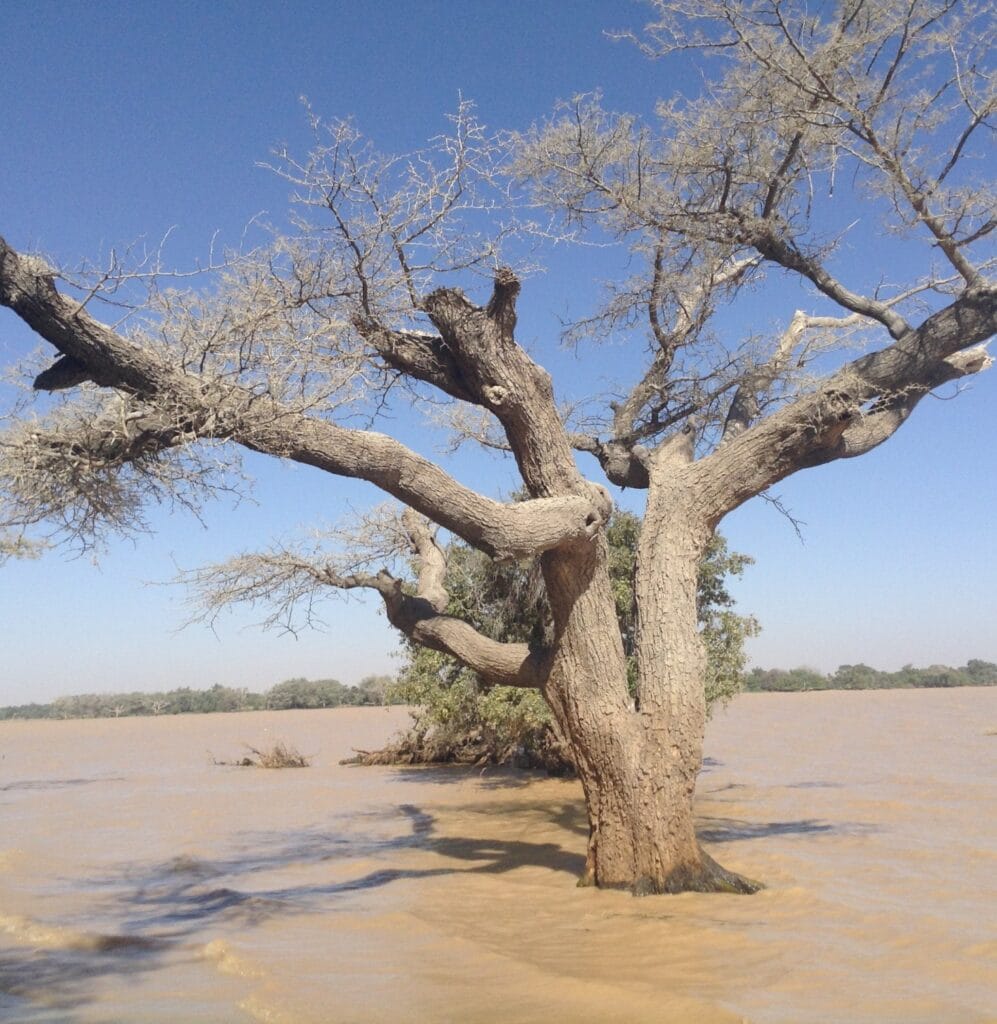
For many, these environmental changes are inseparable from the conflict and insecurity gripping their communities. In Somalia, for instance, militant groups like Al-Shabaab control vital water resources, exacerbating instability and undermining livelihoods.
The research presents the voices of young people directly affected by these crises. Many, particularly in climate-sensitive sectors like farming, grapple with unemployment, displacement, and the erosion of traditional livelihoods. Despite these harsh realities, young people are taking action and leading community efforts to promote peace and climate and environmental resilience.
Youth Exclusion from Decision-Making
A key theme in the research is the exclusion of young people from formal decision-making processes. In Pakistan’s Balochistan region, young respondents reported that their voices were largely ignored during flood recovery efforts. This disconnect between youth and policymakers is prevalent across all six regions studied, with young people expressing frustration over the lack of opportunities to influence policies that directly affect them.
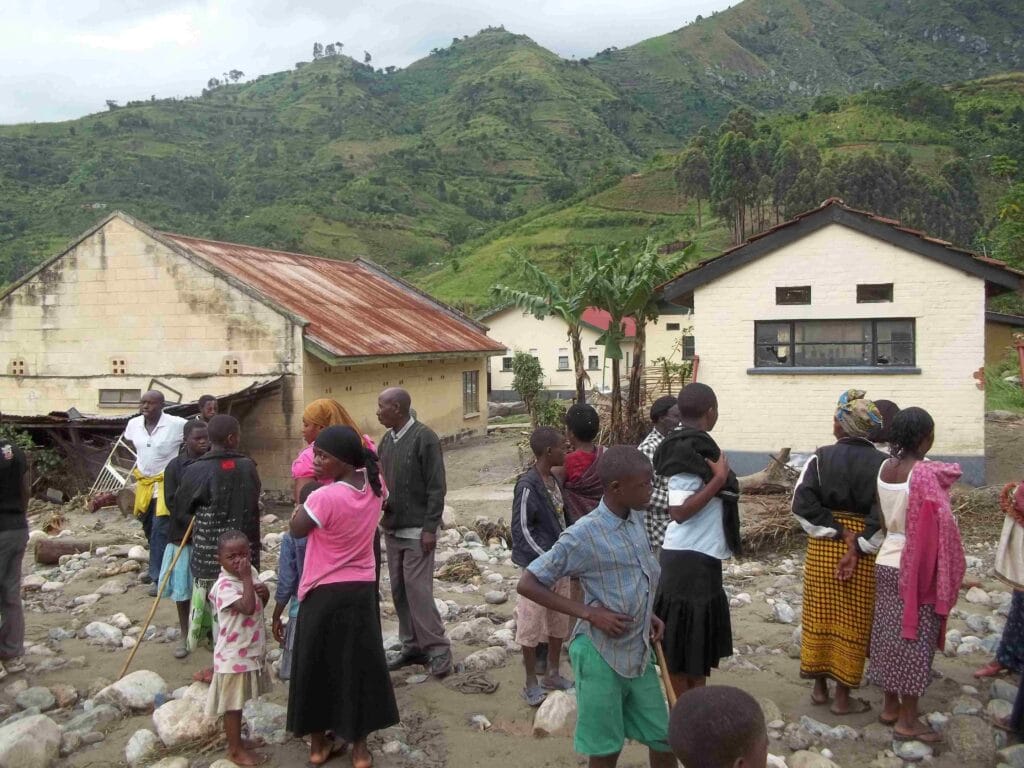
Despite being aware of the climate and conflict risks, youth often struggle to engage in community action due to security concerns, limited resources, and the need to prioritise immediate survival over long-term resilience building. This exclusion is particularly pronounced in conflict-affected regions, where youth have the potential to drive change but remain sidelined in favour of more state-centric approaches.
Youth-Led Peace and Climate Initiatives: Overcoming Barriers to Drive Change
Amid these challenges, the case studies highlight the powerful role that young people play in building peace and climate resilience. In Uganda’s Kasese district, youth have been at the forefront of organising local climate adaptation strategies. In the Philippines’ Bangsamoro Autonomous Region, young people have organised community clean-up efforts and environmental advocacy, demonstrating their collective commitment to sustainability even in the face of conflict.
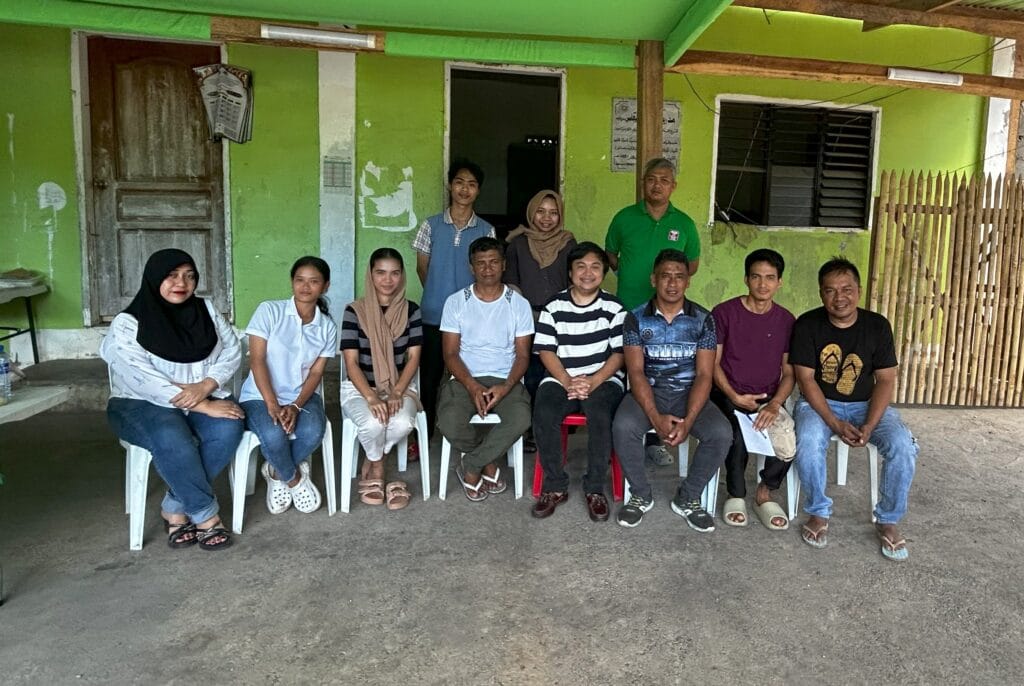
…the case studies highlight the powerful role that young people play in building peace and climate resilience.
However, these initiatives often face significant hurdles. Security threats, lack of resources, and limited political inclusion frequently prevent these efforts from reaching their full potential. The research underscores the need for more robust, inclusive frameworks that empower young people, particularly young women, to lead intersectional solutions to the complex problems they uniquely understand and experience.
Recommendations for Action
The findings demonstrate that young people in conflict-affected regions are uniquely positioned to contribute to climate resilience and peacebuilding. The report’s recommendations call for:
- Integrating youth voices into decision-making processes at the local, national, and international levels.
- Ensuring that climate adaptation strategies are sensitive to peace and security needs.
- Providing resources and support for youth-led initiatives in climate action and peacebuilding.
This research is a study of challenges and a roadmap for action. It presents a compelling case for why global governance must include youth perspectives, especially in areas where climate, environmental degradation and conflict overlap.
Research Launch Event – Coming Soon!
Register for our launch event, sign up for our mailing list or follow us on social media to be notified when the research is launched and to receive an invitation to the digital launch event.
The launch event will offer a deeper dive into the findings and provide a platform to hear directly from the young people whose experiences and insights shaped the report. It is a unique opportunity to engage with the solutions proposed by youth and explore how we can all contribute to supporting their leadership in addressing the challenges of climate change, environmental degradation and conflict.
By attending, you will be part of a critical conversation on creating a more inclusive, resilient, and sustainable future. Your participation will help amplify the voices of young people who are too often left out of the decision-making processes that most impact their lives.


